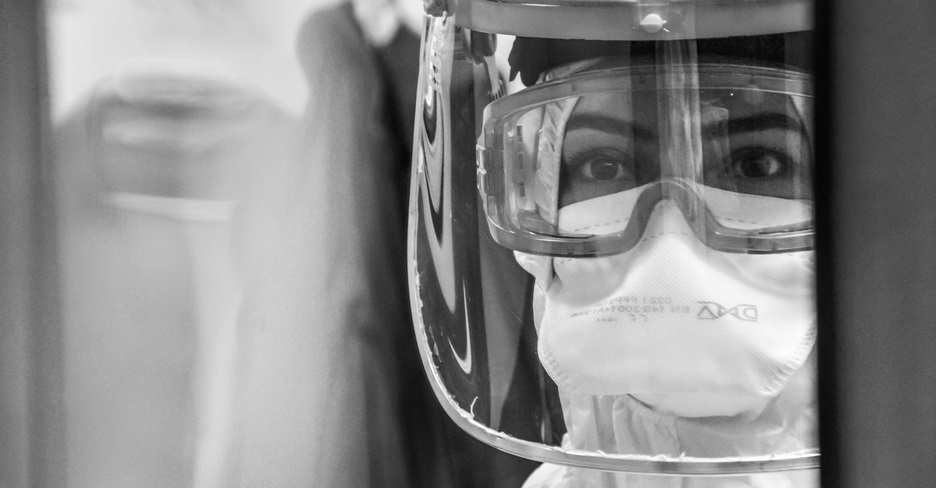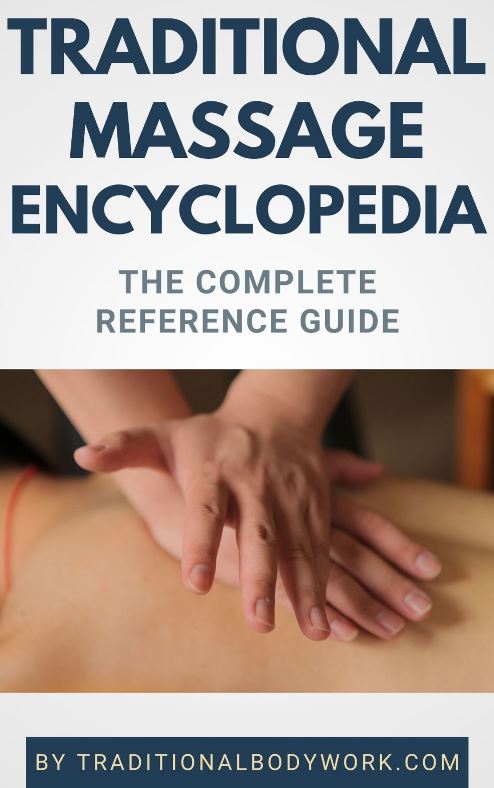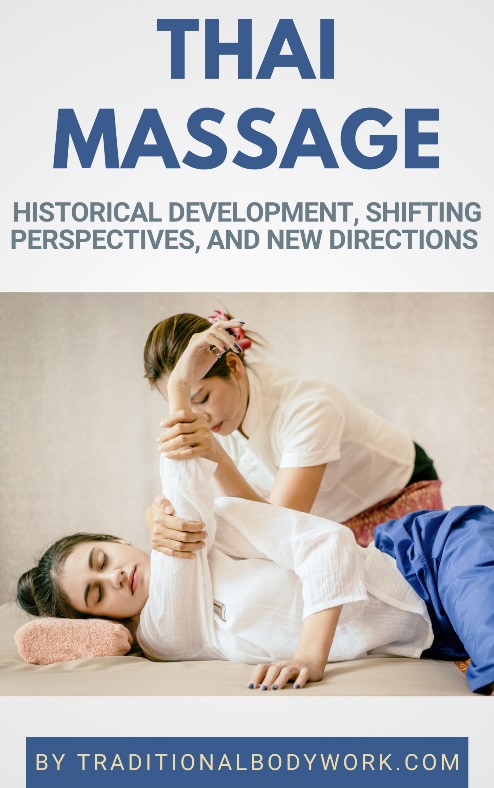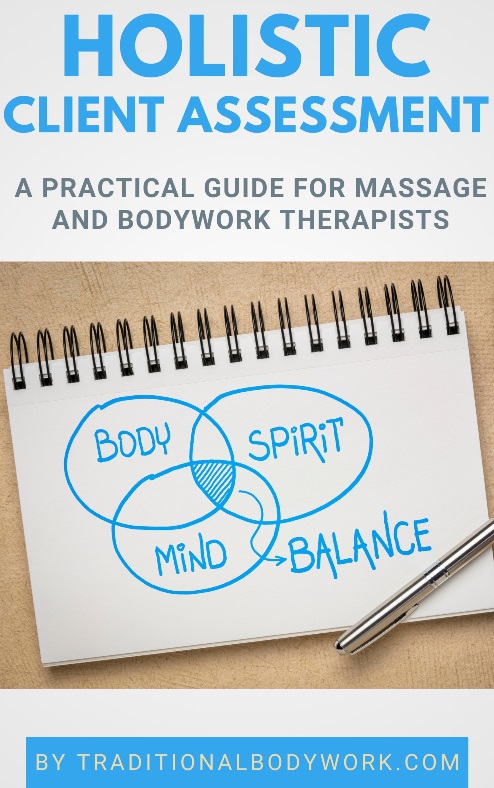
The healthcare landscape is continuously evolving, with new medical technologies, treatments, and patient care standards emerging at a rapid pace. For modern nursing professionals, staying current with these advancements is not just a matter of professional development—it’s a vital responsibility.
As patient needs grow more complex, nurses must be equipped with the latest knowledge and skills to deliver high-quality care.
This is where continued education plays a critical role, enabling nursing professionals to remain competent, confident, and adaptable in their careers.
The Importance of Advancing Nursing Education
In the nursing field, the drive for excellence is a continuous journey. Advances in medicine, changes in healthcare policies, and shifts in patient demographics all necessitate that nurses remain lifelong learners.
A commitment to ongoing education is essential for maintaining the highest standards of patient care, as well as for advancing within the profession.
Continued education can take many forms, from attending specialized workshops and seminars to enrolling in degree programs designed to enhance one’s qualifications.
One popular path for many registered nurses is transitioning from an RN to a BSN, especially through an RN to BSN fast track program. Such programs are tailored to help working nurses quickly earn their Bachelor of Science in Nursing degree without putting their careers on hold.
The additional education gained through these programs equips nurses with deeper clinical knowledge, leadership skills, and a better understanding of healthcare systems.
This not only enhances their ability to provide patient care but also opens doors to new career opportunities, such as leadership or specialized clinical roles.
Enhancing Patient Care Through Continued Learning
One of the primary reasons continued education is essential for nurses is the direct impact it has on patient care. As new treatments, technologies, and evidence-based practices emerge, nurses must stay updated to provide the best possible care to their patients.
The healthcare industry is moving toward more personalized, patient-centered approaches, which require nurses to have advanced knowledge in specialized areas, from chronic disease management to mental health care.
Through continued education, nurses gain the ability to apply the latest evidence-based practices in their daily routines. This helps reduce medical errors, improve patient outcomes, and boost overall patient satisfaction. In addition, advanced education teaches nurses how to critically assess research, allowing them to adopt practices that are proven to be effective.
Whether it’s staying informed about the latest pharmaceutical developments or mastering new healthcare technologies, continuous learning is key to keeping up with the ever-changing demands of modern healthcare.
Career Growth and Professional Development
For many nursing professionals, career growth is a significant motivator for pursuing continued education. The nursing field offers a wide array of specialties and roles, each with unique requirements and educational pathways.
Continued education enables nurses to explore these opportunities and advance in their careers. Whether a nurse is interested in leadership, education, or a specialized clinical role, obtaining additional qualifications is often a prerequisite.
A BSN, for example, is increasingly becoming the minimum requirement for leadership roles in hospitals and healthcare organizations. By advancing from an RN to a BSN, nurses position themselves for promotions, salary increases, and roles with greater responsibility.
Beyond career advancement, additional education allows nurses to specialize in areas that align with their interests and strengths. From oncology nursing to critical care, the ability to focus on a specific area of expertise makes nurses more valuable to their employers and more fulfilled in their work.
Keeping Up with Technological Advancements
Technology is transforming healthcare at an unprecedented rate, from electronic health records (EHRs) to telehealth and artificial intelligence. For nurses, keeping pace with these advancements is essential.
Continued education provides nurses with the training they need to effectively integrate new technologies into patient care. Whether it’s learning to operate complex medical devices or utilizing digital tools to monitor patient health remotely, technology is becoming a fundamental part of nursing practice.
Additionally, the rise of telemedicine and remote patient monitoring has changed how care is delivered. Nurses now need to be proficient in digital health platforms and understand how to use data analytics to make informed decisions.
Through continued education, nurses can stay ahead of these trends, ensuring they remain proficient and capable in their roles. Understanding and adapting to technological innovations not only improve patient care but also enhances job performance and job security in an increasingly tech-driven healthcare environment.
Adapting to Changes in Healthcare Policies and Regulations
Healthcare policies and regulations are in a constant state of flux, influenced by political, social, and economic factors. For nurses, staying informed about these changes is critical, as they directly affect daily practices and patient care standards.
Continued education helps nurses understand how these shifts impact their roles, from changes in documentation requirements to updates in patient privacy laws.
In addition to policy changes, the healthcare industry is placing greater emphasis on interdisciplinary collaboration and patient safety initiatives. Continued education programs often include courses on healthcare management, leadership, and ethics, which are essential for navigating the complexities of today’s healthcare environment.
Nurses who engage in ongoing learning are better prepared to lead, advocate for patients, and implement best practices in compliance with current regulations.
Meeting the Evolving Needs of Diverse Patient Populations
As the population grows more diverse, the need for culturally competent care is greater than ever. Nurses must be prepared to address the unique needs of patients from different cultural, ethnic, and socioeconomic backgrounds.
Continued education in cultural competency, communication, and holistic care equips nurses with the tools they need to provide respectful and effective care to all patients.
In addition to cultural diversity, the aging population is driving the demand for specialized care in geriatrics and chronic disease management. Continued education in these areas enables nurses to develop the expertise needed to address the challenges associated with managing long-term conditions in older adults.
Whether it’s understanding the nuances of caring for patients with dementia or learning the best practices in palliative care, ongoing education helps nurses meet the needs of diverse and aging populations with skill and compassion.
In today’s rapidly evolving healthcare environment, continued education is not just an option for nursing professionals—it’s a necessity.















